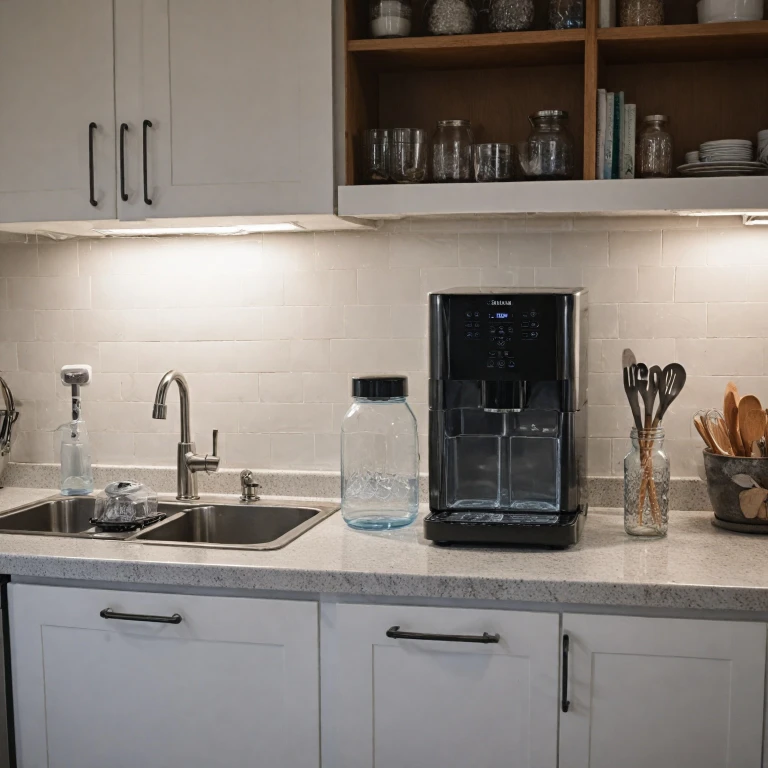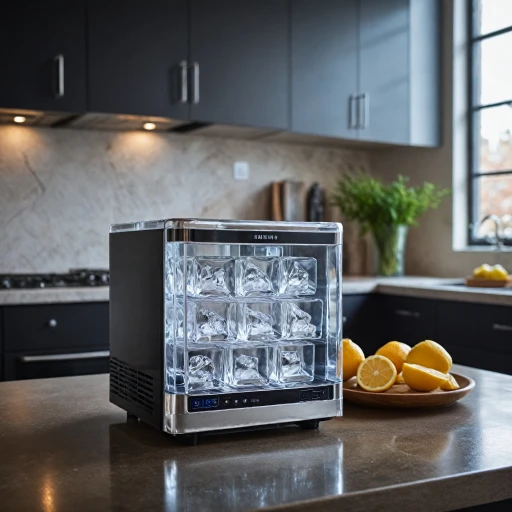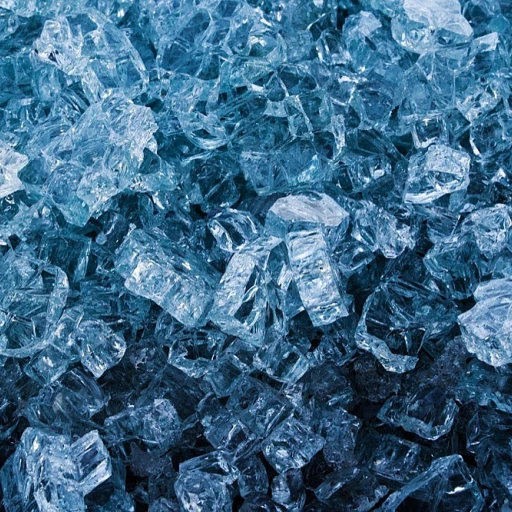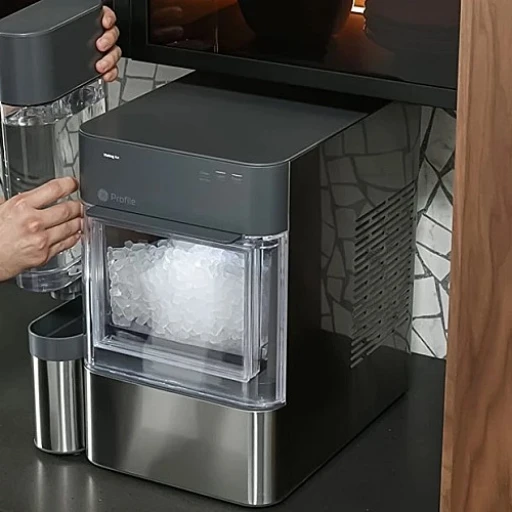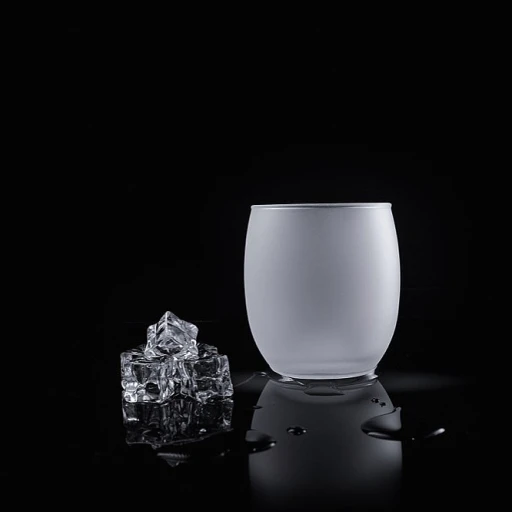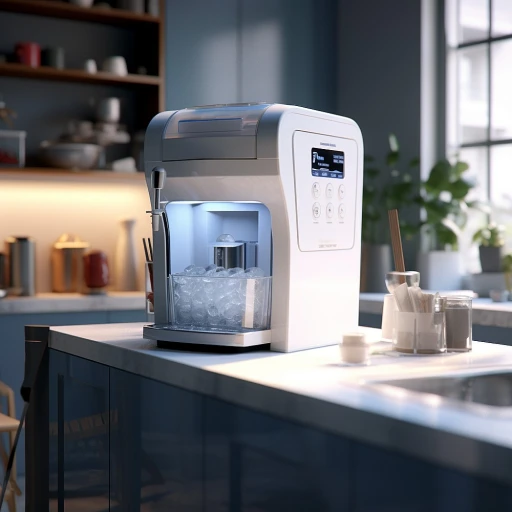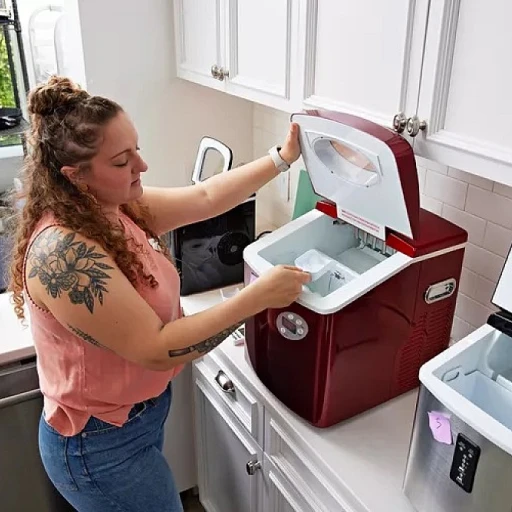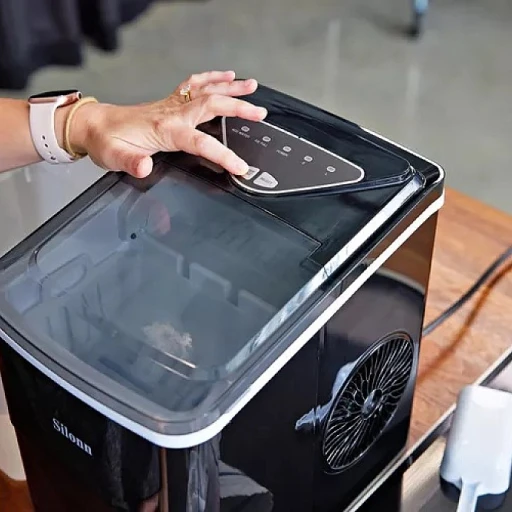Understanding Your Ice Maker
Getting to Know Your Ice Maker
Before diving into the world of ice-making, it's crucial to familiarize yourself with the ins and outs of your ice maker. Understanding its components and how they work together can significantly enhance your maintenance efforts. Whether you're dealing with a compact countertop model or a larger built-in unit, knowing the specifics of your machine will help you troubleshoot issues and ensure efficient operation.
Start by consulting the user manual that came with your ice maker. This document is a treasure trove of information, detailing everything from installation instructions to maintenance schedules. Pay particular attention to the parts of the machine, such as the water reservoir, ice tray, and filters, as these are critical to its functionality.
Moreover, understanding your ice maker's production capacity and cycle times can help you plan your ice needs more effectively. If you're curious about how quickly some machines can produce ice, you might find it interesting to explore the process of icing and its parallels with ice production.
In the following sections, we'll delve into the importance of regular cleaning, the role of water quality, and routine maintenance tips to keep your ice maker in top shape. Each of these aspects is vital for ensuring that your machine runs smoothly and produces the best ice possible.
Importance of Regular Cleaning
Why Consistent Cleaning Matters
Keeping your ice maker clean is not just about ensuring the ice tastes good, but also about maintaining the machine's efficiency and longevity. Regular cleaning helps prevent the buildup of minerals and mold, which can lead to mechanical issues and unpleasant odors. It's essential to integrate a consistent cleaning schedule into your routine to avoid these problems.
Steps for Effective Cleaning
Begin by unplugging the machine and emptying any remaining ice. Use a soft cloth and a mild detergent to wipe down the interior surfaces. For stubborn mineral deposits, consider using a descaler solution specifically designed for ice makers. Rinse thoroughly to ensure no cleaning agents remain, as these can affect ice quality.
Frequency of Cleaning
How often you clean your ice maker depends on usage and water quality. For home units, a monthly clean is generally sufficient. However, if you notice a change in ice taste or appearance, it might be time for an extra cleaning session. For commercial machines, more frequent cleaning is advisable, which ties into our discussion on handling larger units.
Benefits of Regular Maintenance
Consistent cleaning not only improves the quality of your ice but also extends the life of your machine. By removing buildup and ensuring all components are functioning correctly, you can prevent common issues that may arise, such as clogs or mechanical failures. This proactive approach is part of a broader routine maintenance strategy that we'll explore further.
Water Quality and Filters
Ensuring Optimal Water Quality
When it comes to keeping your ice maker in top shape, paying attention to the quality of water you use is crucial. Poor water quality can lead to scale buildup, affecting the taste of your ice and the efficiency of your machine. To avoid these issues, consider installing a water filter specifically designed for ice makers. This will help reduce impurities and ensure that your ice is crystal clear and refreshing.
Regularly replacing your water filter is just as important as using one. Most manufacturers recommend changing the filter every six months, but this can vary based on usage and water quality. A clean filter not only improves the taste and appearance of your ice but also extends the lifespan of your ice maker.
For those dealing with specific water quality challenges, such as hard water, additional solutions like water softeners may be necessary. These devices can help prevent mineral buildup that can clog your ice maker and diminish its performance.
If you’re experiencing issues with your ice maker not producing ice or the ice being cloudy, it might be time to inspect your water quality and filtration system. For more detailed troubleshooting steps, you can check out this troubleshooting guide to help resolve common water-related problems.
Routine Maintenance Tips
Keep Your Ice Maker Running Smoothly
Routine maintenance is key to ensuring your ice maker operates efficiently and lasts for years to come. While understanding your ice maker's components and the importance of regular cleaning set the foundation, a consistent maintenance routine will keep your machine in top shape.
Check for Wear and Tear
Regularly inspect your ice maker for any signs of wear and tear. Look for cracks or leaks in the hoses and ensure that all connections are secure. Addressing these issues early can prevent more significant problems down the line.
Monitor Ice Production
Keep an eye on the quantity and quality of ice produced. A decrease in ice production or changes in ice quality might indicate a need for maintenance. Refer back to understanding your ice maker to ensure you know what to expect from your machine.
Defrost the Freezer
Ice buildup can hinder your ice maker's performance. Regularly defrost the freezer section to prevent ice from accumulating and affecting the machine's efficiency. This step is particularly important if your ice maker is part of a refrigerator-freezer unit.
Schedule Professional Check-Ups
Consider scheduling regular professional maintenance check-ups. A qualified technician can identify potential issues that might not be visible to the untrained eye. This proactive approach can save you time and money in the long run.
By following these routine maintenance tips, you can ensure your ice maker remains a reliable appliance in your home or business, complementing the efforts of maintaining water quality and handling commercial machines effectively.
Handling Commercial Ice Machines
Optimizing Performance for Large-Scale Ice Production
When dealing with commercial ice machines, understanding the specifics of your equipment is crucial. These machines are designed to handle larger volumes of ice production, making regular maintenance even more essential to ensure they operate efficiently and effectively.Regular Inspections and Cleaning
Just like with smaller ice makers, regular cleaning is vital for commercial units. The larger scale means more components that can accumulate dirt and grime, potentially affecting ice quality and machine performance. Refer back to the importance of regular cleaning to ensure your commercial machine stays in top shape.Monitoring Water Quality
Water quality plays a significant role in the performance of your commercial ice maker. Poor water quality can lead to scale buildup and affect the taste and clarity of the ice. Ensure that water filters are checked and replaced regularly to maintain optimal performance.Routine Maintenance Checks
Routine maintenance is key for commercial ice machines. This includes checking the condenser coils, ensuring there are no leaks, and verifying that all moving parts are functioning correctly. Consistent maintenance helps prevent unexpected breakdowns and prolongs the lifespan of the machine.Training Staff on Proper Use
For businesses, it’s important to train staff on the correct operation and maintenance of the ice maker. Proper handling can prevent misuse and reduce the likelihood of issues arising. Encourage staff to report any irregularities immediately to address potential problems before they escalate.Planning for Downtime
Finally, plan for potential downtime by having a backup solution or service provider ready. This ensures that your business can continue to operate smoothly even if your primary ice maker requires servicing or repair. By following these guidelines, you can maximize the efficiency and reliability of your commercial ice machines, ensuring they meet the demands of your business.Troubleshooting Common Issues
Identifying and Resolving Frequent Ice Maker Problems
Even with the best maintenance, ice makers can sometimes encounter issues. Knowing how to troubleshoot these common problems can save you time and ensure your ice maker continues to perform optimally.
Ice Maker Not Producing Ice: If your ice maker isn't producing ice, start by checking the water supply. Ensure the water line is connected and that the water valve is open. Refer back to the importance of water quality and filters to ensure your water supply is clean and free from obstructions.
Ice Quality Issues: If the ice cubes are smaller than usual or misshapen, it might be time to clean the machine. Regular cleaning, as discussed earlier, helps prevent mineral build-up that can affect ice quality. Additionally, ensure the freezer temperature is set correctly, as improper settings can impact ice formation.
Unusual Noises: Strange noises can be alarming, but they often have simple solutions. Check for any loose parts or debris within the machine. Routine maintenance tips can guide you in safely inspecting and tightening components.
Ice Maker Leaks: Leaks can occur if the ice maker is not level or if there are issues with the water line. Make sure the unit is on a flat surface and inspect the connections for any signs of wear or damage.
By understanding these common issues and their solutions, you can keep your ice maker running smoothly. For more complex problems, consulting a professional or referring to the manufacturer's manual is recommended.
-logo-retina.jpg)
